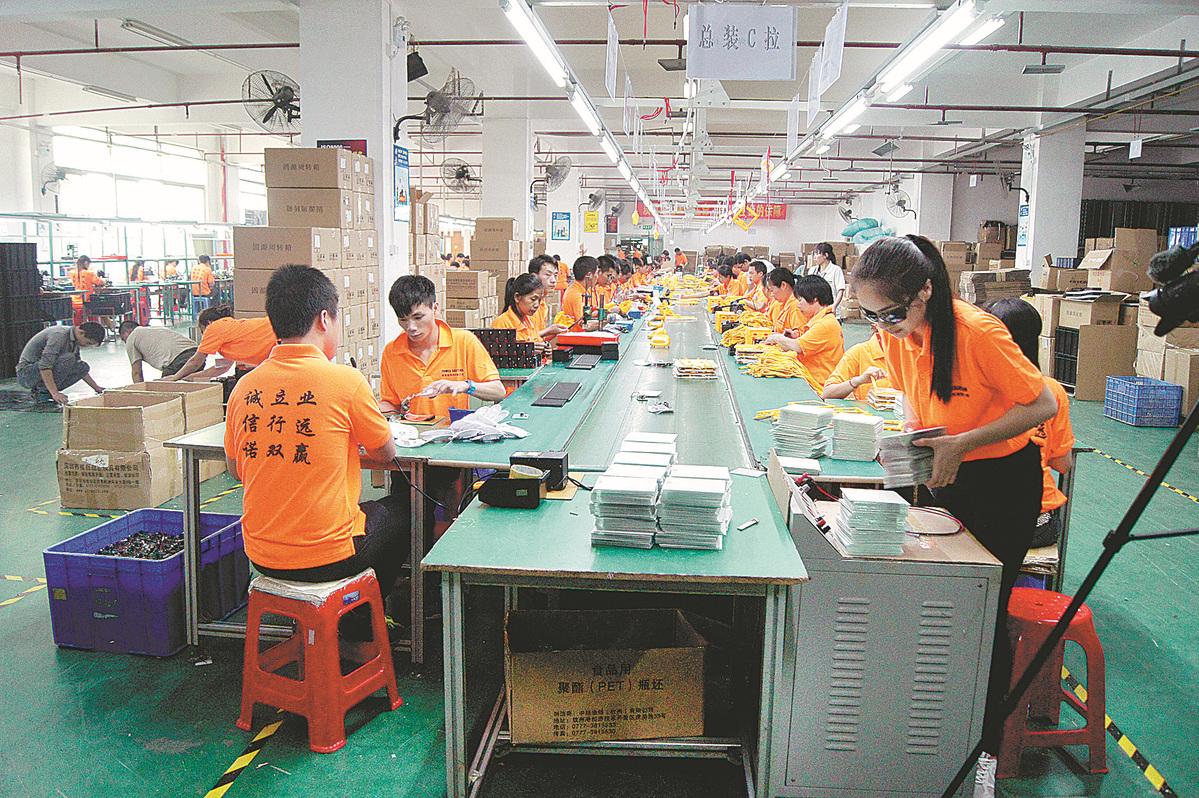Country sheds light on green future for Africa


Keen interest
A decade ago, solar energy was little known in Ethiopia, even among local businesspeople.
Faisal Ahmed Mohammed, one of Shenzhen Power-Solution Ind Co's distributors in Ethiopia, said he saw the company's solar products about 10 years ago at a business fair and was "very interested".
But at the time, he lacked confidence in the industry, so he only bought a small number of the company's products.
"Back then, nobody had solar energy in Ethiopia. So we introduced people to this market. Since then, they have become aware of solar energy, and demand has increased tremendously. Because of this, I imported more products," Mohammed said.
One of the company's most popular products, Candles Killer, has won many prizes for design, including the Red Dot Award in 2018-an international competition for product and communication design, and also design concepts.
The Candles Killer features a pedestal, with a reading light on one side and a solar panel on the other. The lamp is attached to a plastic bottle by using an adjustable metal bracket, enabling it to be elevated and used as a desk light.
The product, which is made from biodegradable material, can also be placed on a wall and adjusted to different angles.
Li said, "For households in Africa, kerosene lamps are the primary lighting source, but they are expensive to run and also unsafe because kerosene is flammable as well as poisonous when inhaled or ingested.
"A kerosene lamp costs about $1 to $1.50 a month to run, but for $5 people can buy a Candles Killer, which has a working life of at least three years. It's also cleaner and gives three times the amount of light as a kerosene lamp," Li said.
The World Bank estimates that breathing kerosene fumes is the equivalent of smoking two packs of cigarettes a day. Two-thirds of adult females with lung cancer in developing countries are nonsmokers.
In addition to the Candles Killer, the Shenzhen company has developed products such as a portable solar lantern that can charge mobile phones, as well as solar-powered home lighting systems.
As of last year, the company had provided solar lighting to more than 42 million people from some 6 million households, reducing carbon emissions by over 5 million metric tons.


































